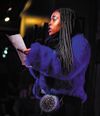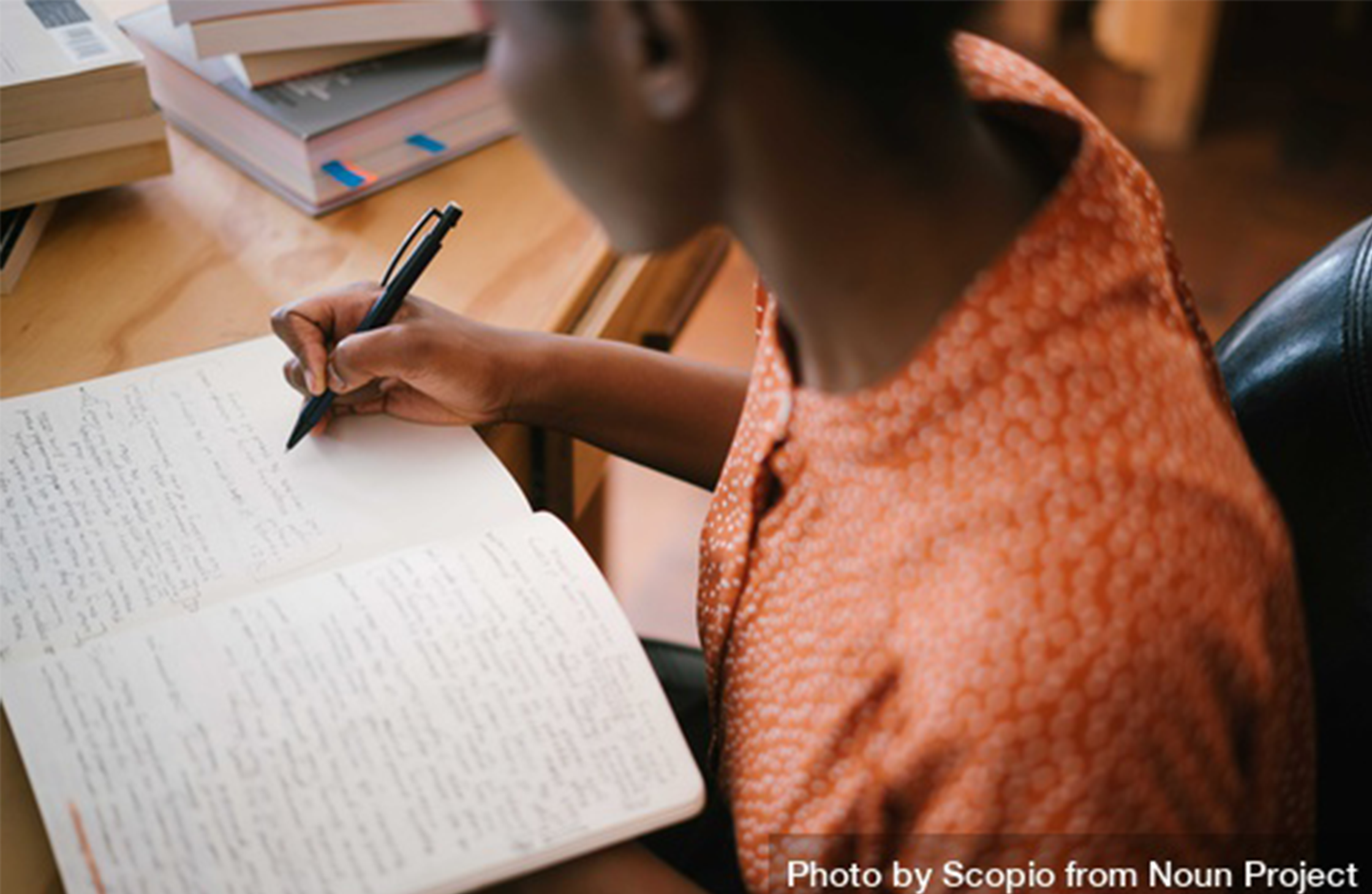Photo from Scopio via Noun Project (CC BY-NC-ND 2.0)
Last year, I wrote about being a Black student in a predominantly white school. Since then, things have actually gotten worse.
All this year, I’ve had to listen to my little sister and other Black students from Walla Walla School District talk about all the harrowing and ghastly experiences they’ve had at school.
Walla Walla schools are rife with racism.
Some of the white students call them names, like African booty scratcher, crow, or porch monkey. They tell them to go back to where they came from. They get called “boy” or “girl/gal” instead of their birth names. Some of them get called blacky, poop, negro, you people, ape, and colored people. They have to withstand all of the ‘jokes’ — being told to go to the back of the bus, people making whip gestures, getting stared down when others mention slices of watermelon, fried chicken, or Kool-Aid.
When it comes to other parts of their identities, some of the comments and questions from white students seem to come from a place of ignorance. But even if it’s not intentional, it’s still cruel. It’s traumatizing, especially when it happens day after day. Even when there are teachers or other adults nearby, the Black students get harrassed. Sometimes, the adults are even the ones doing the harassing.
Some of them are focused on appearance. They say things like: “You’re really pretty for a Black girl.” “Are your lips real?” You’re, like, black black!” “Can I touch your hair?” “You’re not Black; you must be mixed with something, because you’re so light skinned.” “Is your hair fake?” “Did you bleach your skin?”
When it comes to intelligence, they say things to them like: “Who taught you how to speak English?” ”Wow, you know so many words.” “ Are you the first in your family to be educated?” “ You don’t sound Black AT ALL.” “Teach me some slang.”
Sometimes they get really bizarre questions, like: “Do you snack on dry bones?” “Do you eat with your hands at home?” “Was slavery a choice?” “Why didn’t the slaves fight back?” And of course, the more stereotypical questions: “Do you have any weed?” “ Why can’t Black people swim?” “Why do Black lives matter? Don’t all lives matter?”
Black students are also much more likely to be told to change their clothes (especially if they’re girls), and they tend to be automatically portrayed as hostile, trouble, or ‘from the Nickerson Gardens or the Jordan Downs’ because they're Black. They are often immediately painted as individuals who live off Section 8, Social Security, food stamps, or welfare. They somehow believe that they're all surrounded by gang members, drug dealers, and prostitutes — without ever even having a conversation with them.
Overall, as Black students in predominantly white schools, they often feel segregated, rejected, and not aesthetically pleasing. They are treated with hatred and disgust, when they should be treated with integration and acceptance.
We need the school district to do better.
There must be a removal of any racist content within school curriculums and an end to derogatory name calling. There need to be phone calls and emails sent out to parents, and suspensions and expulsions when necessary. And when teachers or other staff are being racist, they need to have consequences, too.
It’s also really unfair to make one of them read or listen to certain topics when they're the only Black person in class. So many of the Black students have had to endure hearing their white teachers and peers repeatedly say the N word as they study To Kill a Mockingbird or Letter from Birmingham Jail. Not every lesson from Black history needs to focus on Black leaders who were abused, obliterated, or thrown in a jail cell.
In school libraries and lessons, they need to learn about the beautiful parts of Black culture, not just the trauma. They need empowering, uplifting literature to be a part of our education. The theater programs should have plays about underrated Black leaders — especially ones who are making a difference now, not just from 50 years ago.
At their schools, they’ve never had assemblies for Black History Month, MLK Day, or Juneteenth. During Black History Month, they should be reading books written by Black authors. Schools should have inspirational Black historical figures mentioned in morning announcements, and they should have their pictures up in the hallways. They could even have a contest for Black students to participate in, encouraging them to dress up as their favorite Black hero during Black History Month, so that they will feel more comfortable embracing those characteristics they aspire to after they graduate.
And we need much better representation!
There must be Black school counselors in place, to be able to validate and consult with the Black students. They need Black teachers! And they need to hear from HBCU graduates, so they can understand the benefits of attending them. We need to be more open to hiring Black principals, Black coaches, and other Black staff members.
As students, they need to be supported in extracurricular activities. They need to be encouraged to join ASBs and take part in other leadership opportunities. They need more Black Student Unions. They need to know that they would be approved on cheer teams — most of them feel like they have to have straight hair and be a size 3 to look the part. They also need to know that their dances and music are welcome.
Ultimately, it is the Walla Walla School District’s responsibility to make these things happen.
For extra credit, read:https://educationnorthwest.org/insights/strategies-support-black-students-teachers-and-communities-schools
https://mommination.com/protecting-our-black-children-in-predominately-white-spaces/
Anyla McDonald aspires to become a poet, short story writer, and essayist speaking about racism against Black people, current world problems, and hot topics. When she writes, she does it with purpose and passion. She feels destined to touch others with her words, and wants to be known as someone who takes a stand and impacts lives with her writing.
Anyla is a columnist for Tumbleweird and an intern at Taylored Living Magazine.


